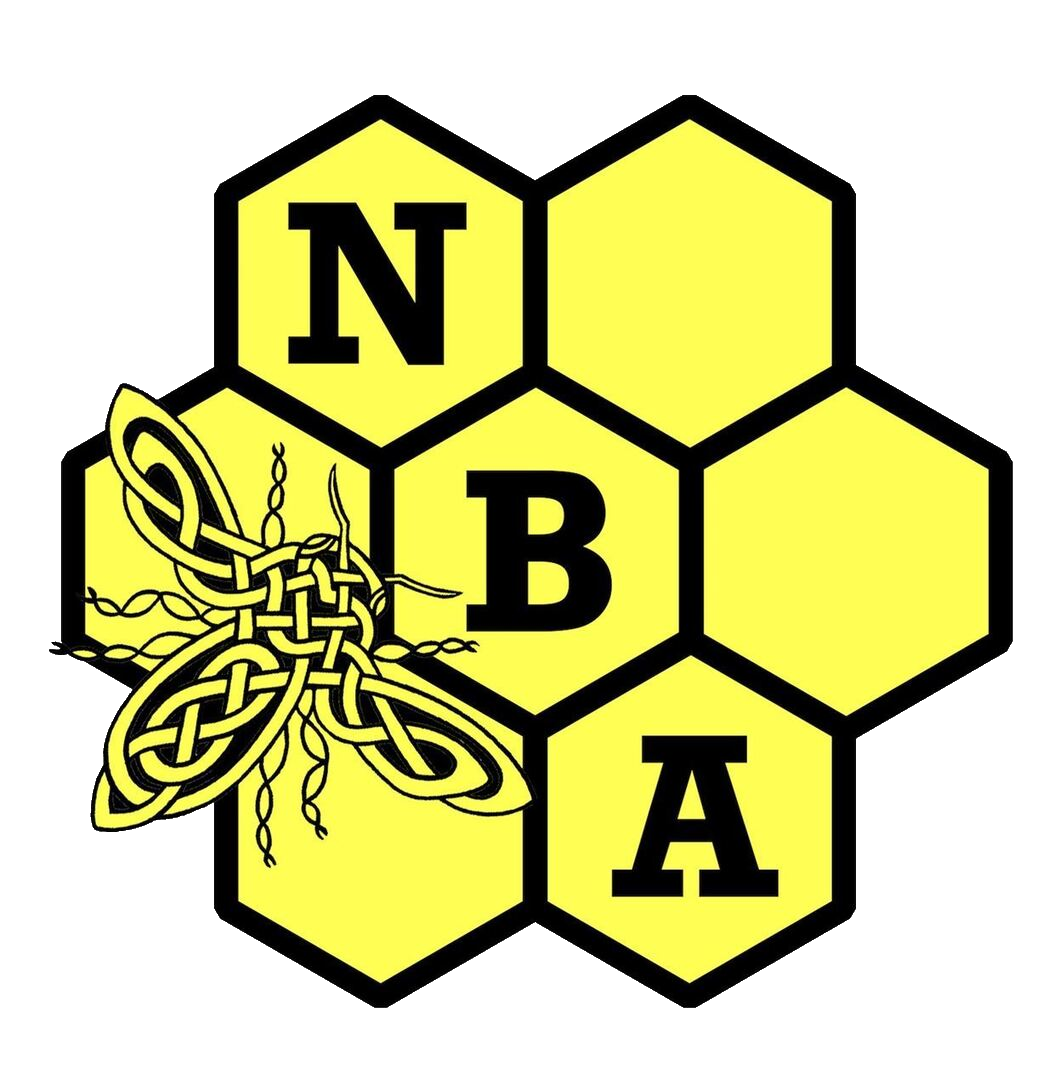The Beekeeping Show takes place on Saturday 21 February 2026 at Telford International Centre.
It is the premier UK beekeeping trade show, attracting visitors and exhibitors from worldwide. 1,850+ visitors and 69 exhibitors are expected to attend.
The International Centre is within minutes of a national motorway and rail networks. There will be FREE on-site show day parking for show goers. Hotels are situated in close proximity to the venue.
Tickets are available via the show website:
http://www.thebeekeepingshow.co.uk
